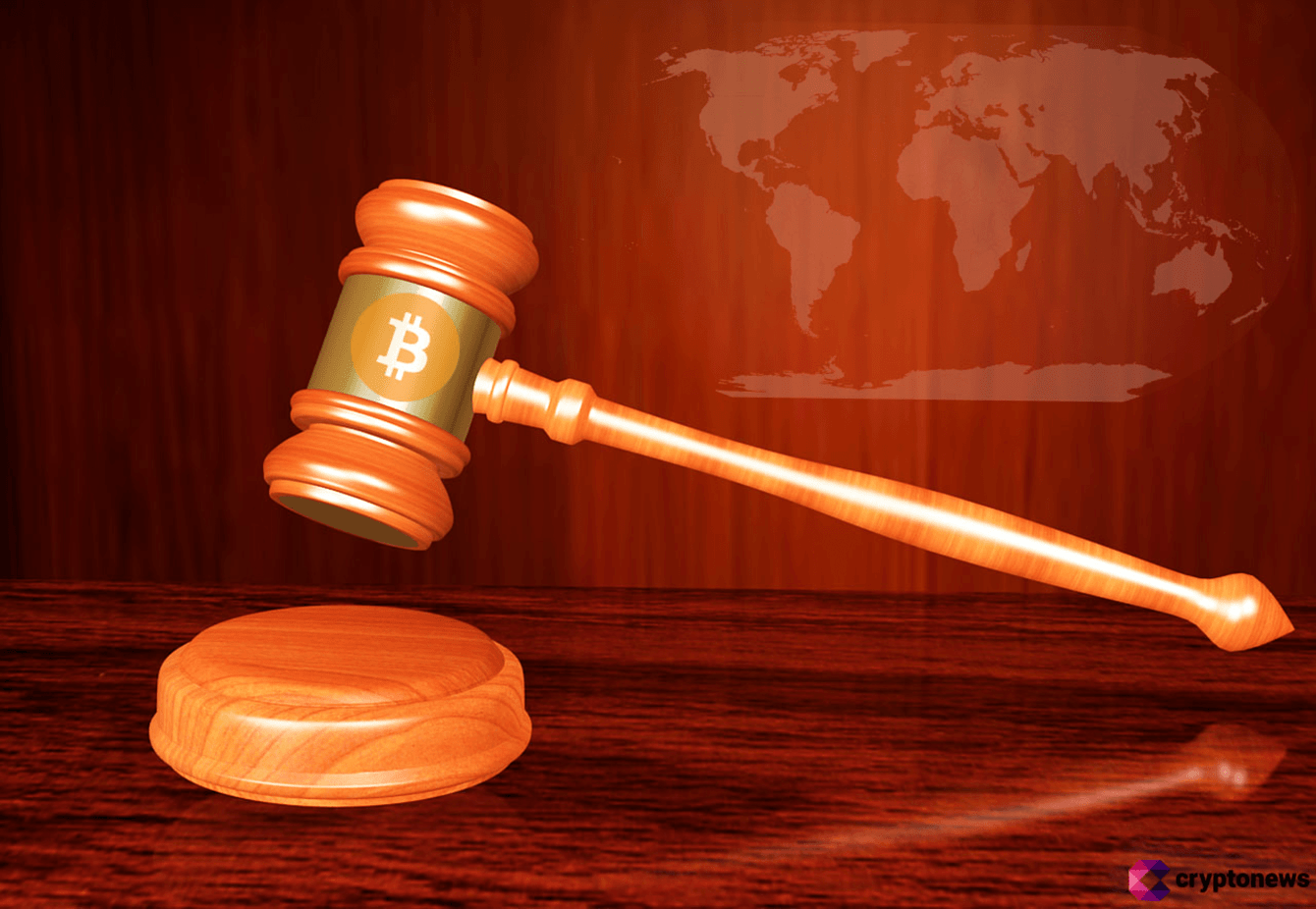The legal landscape of Bitcoin is ambiguous, with different countries taking different legal approaches. Here are the things you need to know
Cryptocurrencies like Bitcoin are still relatively new. Although Bitcoin was launched shortly after the 2008 global financial crisis, its adoption could have been more relaxed. Bitcoin matters millions of users, from individuals to companies and even governments. However, many individuals still need time to decide whether to embrace Bitcoin for several reasons. If you want to invest in Bitcoin you can visit online trading platforms such as QUANTUM-AI-TRADING.COM.
Il confusing legal landscape of Bitcoin and other cryptocurrencies is one of the main reasons for the fear of fully embracing it. Bitcoin has achieved notable usage globally. Surprisingly, most countries don’t consider it legal. Therefore, unlike fixed-rate currency such as the US dollar, Bitcoin is not legal tender in the United States. Before exploring the legal landscape of Bitcoin, you may be interested in trading Bitcoin. In this case, you can take a look at the Bitcoin Era trading bot.

Because Bitcoin is largely unregulated
Bitcoin is largely unregulated. While many countries have introduced some regulations, the global reality is that Bitcoin is unregulated. Bitcoin is a currency and a decentralized digital asset. This means that it offers a different and alternative financial system to the centralized one. Bitcoin’s decentralized system means that it is not under the control of one or a few entities. This system keeps governments and commercial banks out. They can’t control it directly. For example, banks cannot control who uses Bitcoin. They cannot control how people and organizations use Bitcoin.
Bitcoin does not operate in a vacuum. Governments and other regulatory institutions are already aware of its potential influence on the economy and the financial system. However, thanks to the secure blockchain network of Bitcoin, cannot exercise direct control. The blockchain is a decentralized peer-to-peer network that brings together hundreds of thousands of entities that control it. Some entities need help taking control of the blockchain network. Bitcoin was launched as a better alternative to the centralized financial system that gives so much power and control to governments and a few other actors. THE attempts to introduce regulations on Bitcoin seem counterproductive to this objective.

The need for regulation
Despite the relief that Bitcoin offers to users eliminating control by a few entities, the push for regulation has grown. From a macroeconomic point of view, this drive arises from the fundamental reasons for financial regulation. These include transparency, financial stability, investor protection and a level playing field for all operators.
If Bitcoin remains unregulated, investors cannot enjoy government intervention or protection if something wrong happens. For example, investors cannot turn to the government when they are victims of cryptocurrency scammers. In terms of transparency, criminals have used Bitcoin to hide their tracks when committing illegal activities such as money laundering.

The evolving legal landscape of Bitcoin
The legal landscape of Bitcoin is changing. If at first governments and financial regulators did not seem concerned, it is now increasingly clear that Bitcoin it needs regulation. Governments like the United States are leading the way with specific laws aimed at regulating the use of Bitcoin. Under the new cryptocurrency tax laws, all Bitcoin transactions are subject to tax.
Such efforts are also evident in the European Union (EU). The proposed regulation is noteworthy Markets in Crypto Assets (MiCA). MiCA aims to support financial stability and protect investors in the cryptocurrency industry in general. If adopted, MiCA will change the legal landscape of Bitoin substantially. Cryptocurrency exchanges will come under increased scrutiny from regulatory agencies.
It is likely that Bitcoin also becomes legal in many countries. El Salvador and the Central African Republic are the pioneers in this regard. In these countries, Bitcoin is legal tender. Although Bitcoin is legal in many other countries, its legal position varies.
To consider
The legal landscape of Bitcoin is murky, with different countries having different legal approaches. It is clear that the situation is changing and that we are likely to see clearer laws and regulations on Bitcoin at different levels.
















Leave a Reply
View Comments